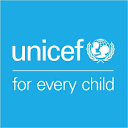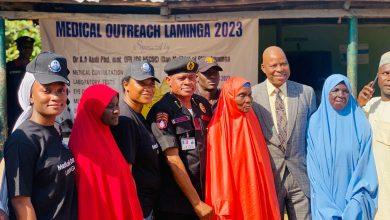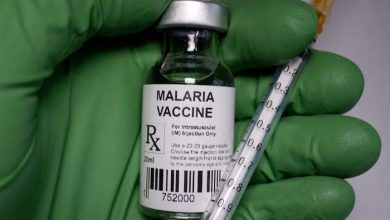Diphtheria: UNICEF Nigeria Worried About Devastating Impact Of Outbreak

With over 11,500 suspected cases, more than 7,000 confirmed cases, and 453 lives of people, mostly children claimed, the United Nations Children Fund (UNICEF) in Nigeria has said an additional US$ 3.3 million needs to be raised until the end of 2023 to respond effectively to diphtheria outbreak in the country.
A statement by Safiya Akau for
UNICEF Nigeria explained that the urgency for the vaccination in Nigeria has steadily become more pronounced as most of the cases were children aged between four to 15 years, who have not received even a single dose of the vital vaccine.
The Statement underlined the commitment of the United Nations Humanitarian Aid Organisation in providing urgent support to the Nigerian government in its efforts to combat the outbreak.
“A crucial part of this support includes the procurement of vaccines to support the government’s response. So far, on behalf of the government, UNICEF has deployed 9.3 million doses of diphtheria vaccines to affected states including Kano, Bauchi, Borno, Yobe, Katsina, Kaduna and Jigawa.
“Of these, 4 million doses have been dispatched to Kano, the epicentre of the outbreak. Another 4 million doses of vaccines are being procured and will be handed over to the government in the coming weeks.
“The devastating impact of this diphtheria outbreak is a grim reminder of the importance of vaccination. Nigeria is home to a staggering 2.2 million children who haven’t received even a single dose of vaccine – the second largest such cohort in the world. We must collectively take urgent actions to drastically reduce this number. Every child deserves protection from preventable diseases. This is not negotiable”, said UNICEF Representative , Dr Rownak Khan.
UNICEF also called on partners, stakeholders, and the international community to rally together to ensure that every child in Nigeria is reached with life-saving vaccines. The children’s agency emphasises the importance of strengthening routine immunisation, community engagement, and health systems to avoid similar outbreaks in the future.





